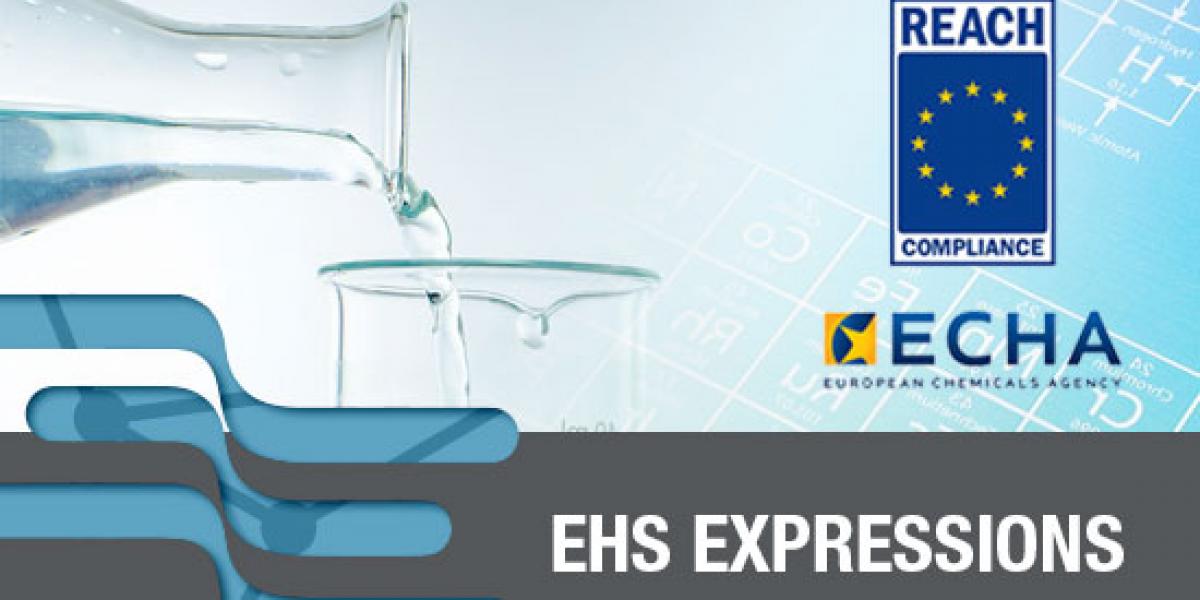You are here

The passing of the third and final REACH registration deadline for existing substances on 1 June 2018 officially marked the end of the REACH Regulation’s (1907/2006/EC) 10-year registration period, and resulted in the registration of over 8,000 fewer phase-in substances than originally estimated.
The final deadline encompassed existing, or phase-in, chemicals manufactured or imported per year in the EU in quantities between 1 and 100 metric tons. The two preceding deadlines, in 2010 and 2013, covered substances used annually in quantities of over 1,000 metric tons, and 100-1,000 metric tons, respectively.
According to the European Chemicals Agency (ECHA), 21,551 substances were registered over the three registration deadlines of 2010, 2013 and 2018, well below the 30,000 projected before REACH entered into force. In total, 13,620 companies submitted 88,319 dossier registrations to ECHA, falling short of the predicted 90,000, according to ECHA registration director Christel Musset.
ECHA speculates that the lower-than-expected number may be due to changes in overall European production since the expectations were set, and also that companies may have decided that the cost of registration was not worth continuing the use of that chemical on the EU market. The agency also expects a number of late registrations to come in.
Eighteen percent of all registrations were submitted by micro, small or medium-sized companies (SMEs); 82% came from large companies. Twenty-three percent of the registrations were made by only representatives on behalf of a non-EU company, while 38% were made by importers (some of which may also be manufacturers). The rest of the registrations were submitted by EU/EEA manufacturers.
Registrations were received from companies in all 28 EU member states and three European Economic Area (EEA) countries, with the largest shares coming from Germany (25%), the United Kingdom (14%) and France (10%). The top five non-EU countries from which companies submitted their registrations through only representatives are the U.S. (27%), China (15%), Japan (14%) India (12%) and Switzerland (6%).
ECHA highlighted in a press briefing on 1 June that the REACH registration phase has brought together the largest database on chemical properties in the world.
Going forward
ECHA now has until 31 August 2018 to check the completeness of all submitted registrations and either assign a registration number or inform companies if information is missing from their dossiers. In most of the pending cases, ECHA says it is checking the completeness of the information submitted against the information required by law or waiting for the companies’ registration fees to be paid. Most of the dossiers still being processed are for substances that had their registration deadline in 2018.
Business impact
All chemical substances manufactured or imported over one metric ton per year should be registered.
- Each registration can be confirmed with a registration number.
- The registration number is the ticket to use the substance in the EU market.
- No registration - No EU market. (Unless below one metric ton per year.)
- For non-registered substances, only stock inventory can be used.
- ECHA is accepting late registrations, but companies must document the cause of the delay.
- Members states enforce REACH (not ECHA).
- 2019 will bring a large-scale enforcement by member states and customs.
Suggested next steps:
1. Prepare for enforcement in 2019.
- Verify substances are registered and collect registration numbers.
- Update safety data sheets (SDS) with information to be communicated to supply chain.
- Provide collected information to downstream users and customers.
2. Keep updating chemical dossier with new uses or information.
3. Continue to register new chemicals and uses as they arise.
4. If substance found not registered, contact industry associations or take other measures to address this.
5. Stop EU use of non-registered substances (outside of stock product and those which fall below one metric ton).
6. Substance Information Exchange Forums (SIEFs) should remain active and welcome new members.
7. Contact Verisk 3E for help with compliance.

 Top
Top